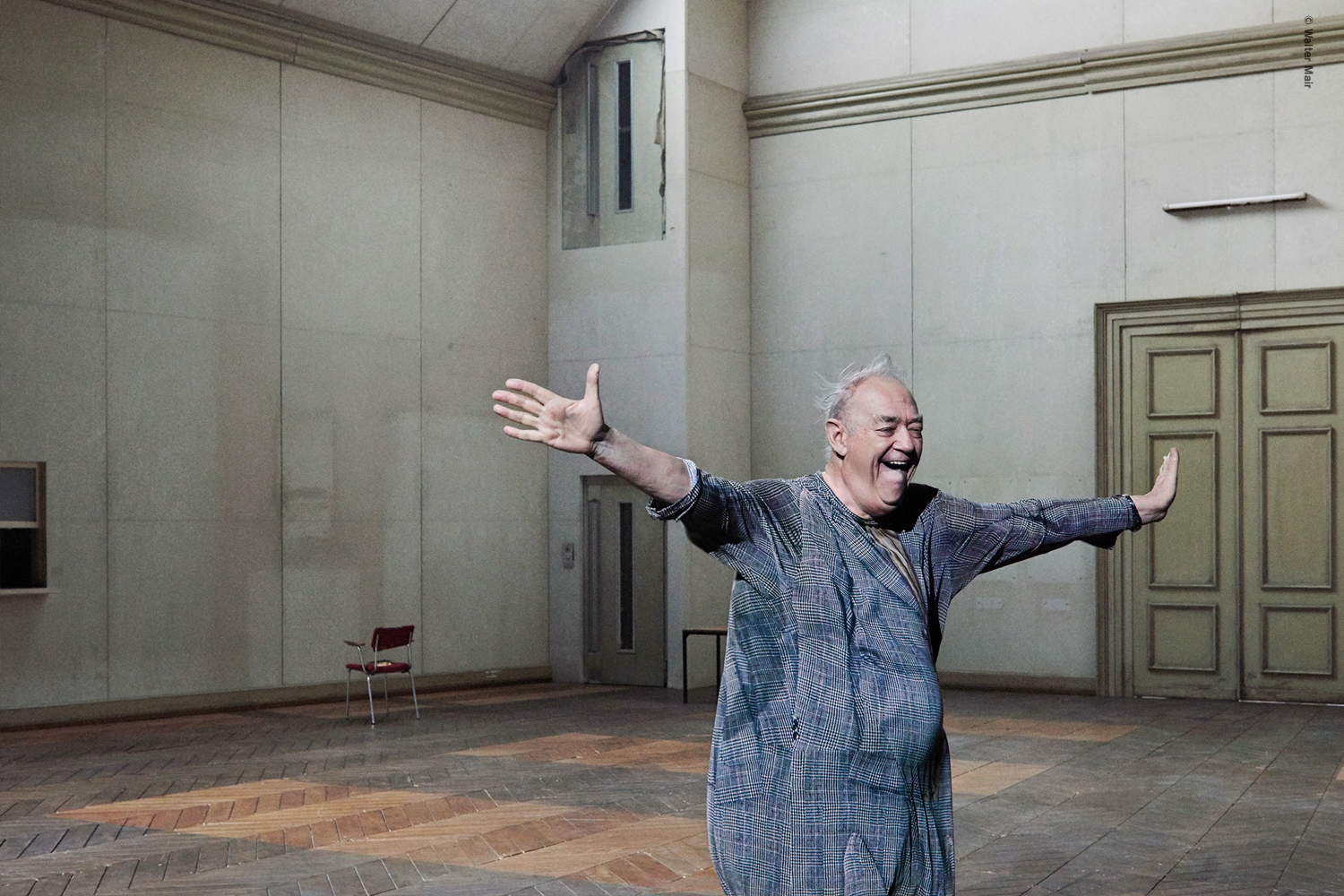


„This wretched convict was embodying the poem that has smiled on many a poet's fancy. He had realized the German superstition of a doppelganger by means of a spiritual paternity, a phenomenon which will be quite intelligible to those women who have ever truly loved, who have felt their soul merge in that of the man they adore, who have lived his life, whether noble or infamous, happy or unhappy, obscure or brilliant. […]The little spaniel being dead, we want to know whether his terrible playfellow the lion will live on. In real life, in society, every event is so inevitably linked to other events that one cannot occur without the rest. The water of the great river forms a sort of fluid floor; not a wave, however rebellious, however high it may toss itself, but its powerful crest must sink to the level of the mass of waters, stronger by the momentum of its course than the revolt of the surges it bears with it. You would like to see how far away the rebellious eddy will be carried ere it is lost, and what the end will be of this really diabolical man, human still by the power of loving.”
Following “Lost Illusions“ from 1838 onwards until 1846 shortly before the overthrow of monarchy on the eve of the French Second Republic, Balzac works on the opulent four-part novel „Splendour and Misery of Courtesans/A Harlot High and Low“, a key work of his monumental social portrait of life and mores, the unending „Human Comedy“.
Inspired by his contemporary and arguably the most illustrious convict in the history of Paris, Eugène François Vidocq, who would later change sides and fundamentally revolutionise the police force, Balzac challenges the concepts of authenticity and identity. He goes through various possibilities of a wrong life lived rightly and develops a fresh outlook on materialistic models of cohabitation.
After collaborating in René Pollesch’ adaptation of Balzac’s “Splendour and Misery of Courtesans”, Martin Wuttke’s production brings Balzac's moral portrait to the stage. The Balzac trilogy at the Volksbühne is now complete.
With: Hendrik Arnst, Jeanne Balibar, Jasna Fritzi Bauer, Franz Beil, Maximilian Brauer, Jean Chaize and Britta Hammelstein
Director: Martin Wuttke
Stage Designer: Nina von Mechow, Bert Neumann
Light Design: Lothar Baumgarte
Video: Andreas Deinert, Jens Crull, Christopher von Nathusius, William Minke
Dramaturgy: Anna Heesen
Glanz und Elend der Kurtisanen (von René Pollesch nach Balzac)
La Cousine Bette (nach Honoré de Balzac. Regie: Frank Castorf)